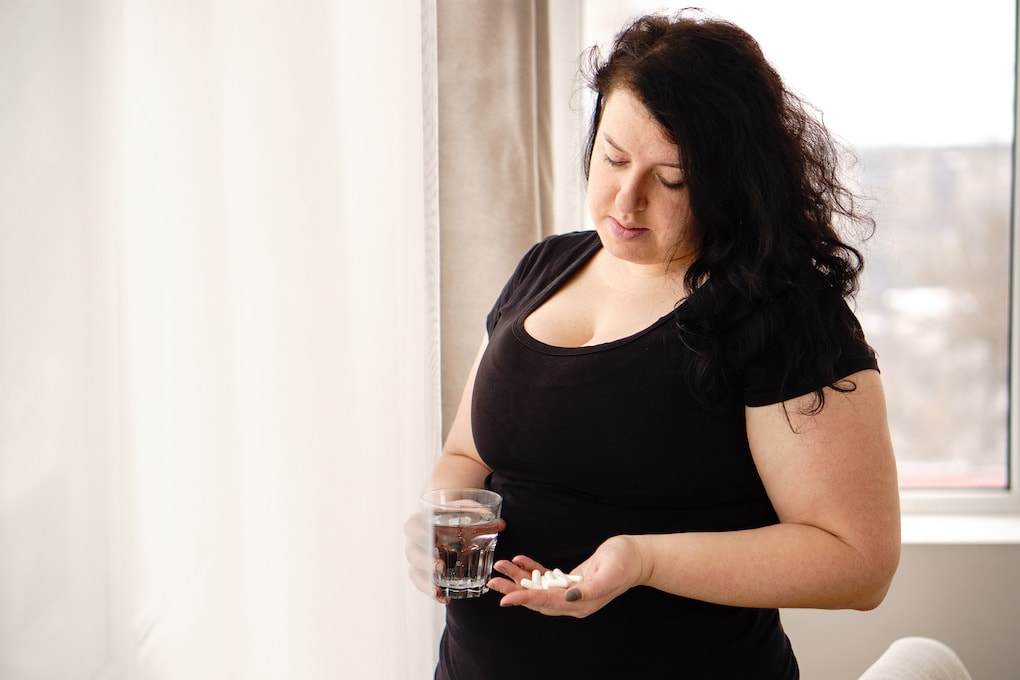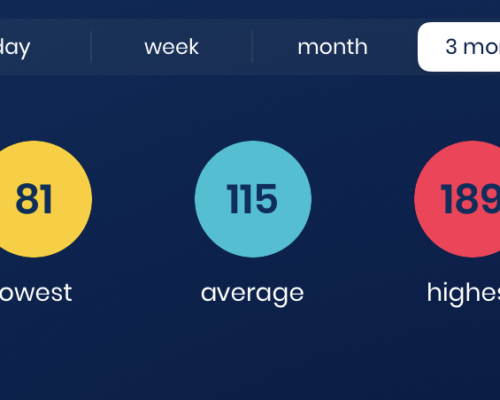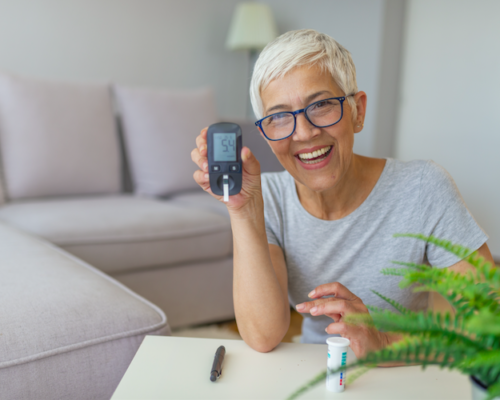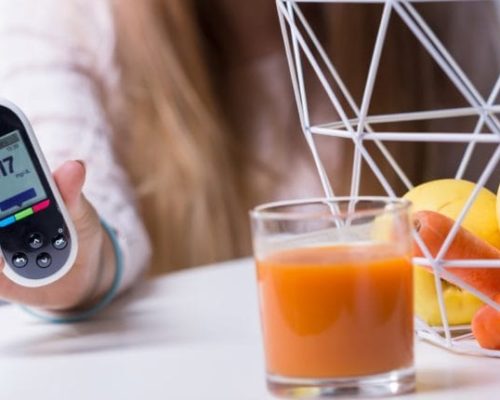High blood glucose levels can appear even if you are maintaining your diabetes care plan.
But don’t get too discouraged by those spikes in numbers. There are various reasons that may explain high blood glucose levels even on a “good day.” In fact, most likely your spike is attributed to one of these three common reasons.
Table of Contents
3 Reasons for High Blood Glucose Levels
1. Exercise-Induced Spikes
A regular exercise routine is vital in maintaining any chronic illness. If you are already living an active lifestyle, then you are on the right track, as working out and being active presents a bevy of health benefits.
While exercise is definitely a positive aspect of caring for diabetes, it can also lead to spikes in your blood glucose.
The American Diabetes Association explains that vigorous exercise increases your stress hormones, which then increases your blood sugar levels. Choosing the right activity for your body can take time, and it really comes down to trial and error. Most people with diabetes can maintain a regular exercise regime without needing to make drastic modifications.
If you are experiencing spikes in blood glucose, then it’s important to be even more diligent about recording your glucose levels. Check your levels before and after exercising. Your unexplained blood sugar spikes may simply be an indicator that you need to run 3 miles instead of 5.
2. Skipping Meals
Each body is different in its ability to endure exercise after a diabetes diagnosis. The same is true of nutrition.
What you eat when you have diabetes is incredibly important, but when you eat is also a vital piece of the puzzle. Your kitchen can be stocked full of all the perfect ingredients for a healthy meal plan and your blood glucose can still rise. Eating well and often is imperative to maintaining control of your diabetes.
Eating three recommended meals each day just isn’t enough for a person trying to maintain their diabetes. Snacking is necessary. Keep protein-rich snacks in your bag, office, car, and kitchen. You may be eating right, but your high blood sugar could be a sign that you aren’t eating often enough.
3. Medicating Incorrectly
Managing your diabetes medication well can take some time, and finding the right medication and dosage for you is rarely immediate. This is completely normal.
If you take insulin, it can take time to perfect your dosage times and to familiarize yourself with a pump if you have one. It is possible that medication may need to be tweaked again in the future. Your body changes with the introduction of a new meal plan and changes in lifestyle such as exercise.
If you are experiencing high glucose levels after adopting a healthier lifestyle, then consider assessing your medication regimen. Record your doses when they are administered, and any concerning side effects you may be experiencing. Although diabetes can lead to a lot of frustration, you still have the power to advocate for yourself. If you believe your medication is the cause of your high numbers, then speak with your physician.
Err on the Side of Caution
You know your body better than anyone, so you know when something isn’t quite right. If you notice a spike in your blood glucose, and you’re not sure why it’s always a good idea to consult your primary care provider.
In fact, having a clear communication channel between you and your primary care provider is key in identifying blood glucose level abnormalities and fixing these problems. I help improve this communication by collecting trends in your blood glucose that you can then share with your doctor. Even if you’re not sure why you have high blood glucose levels, you can easily consult with your doctor to find out the reason.
We are all in this together.
Your friend,
Mina












